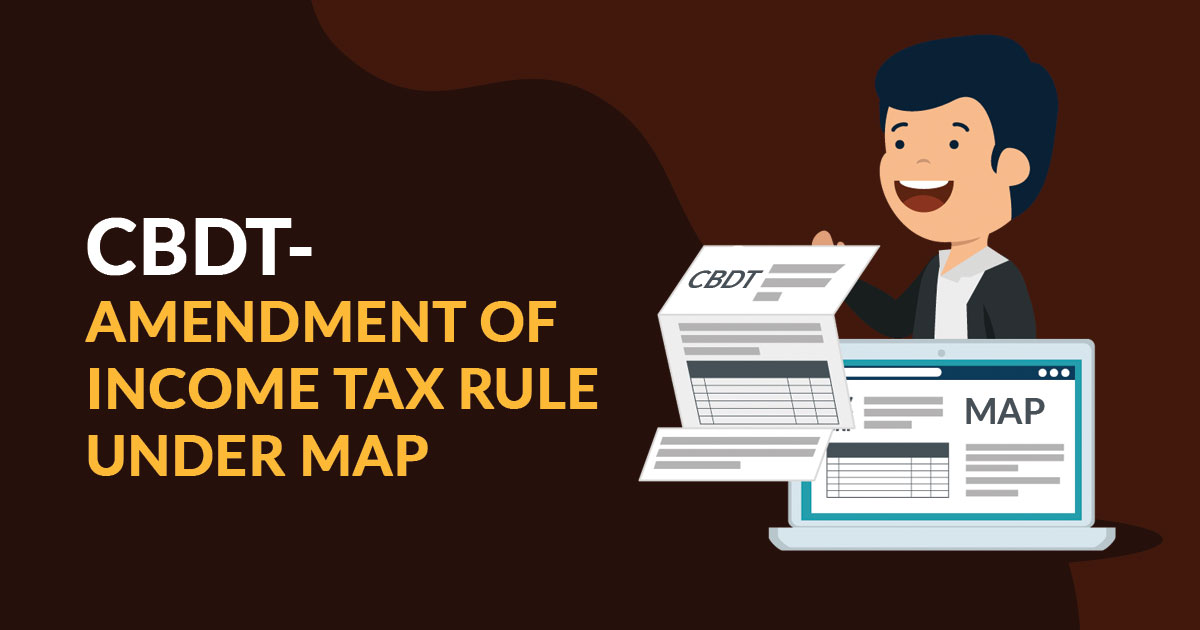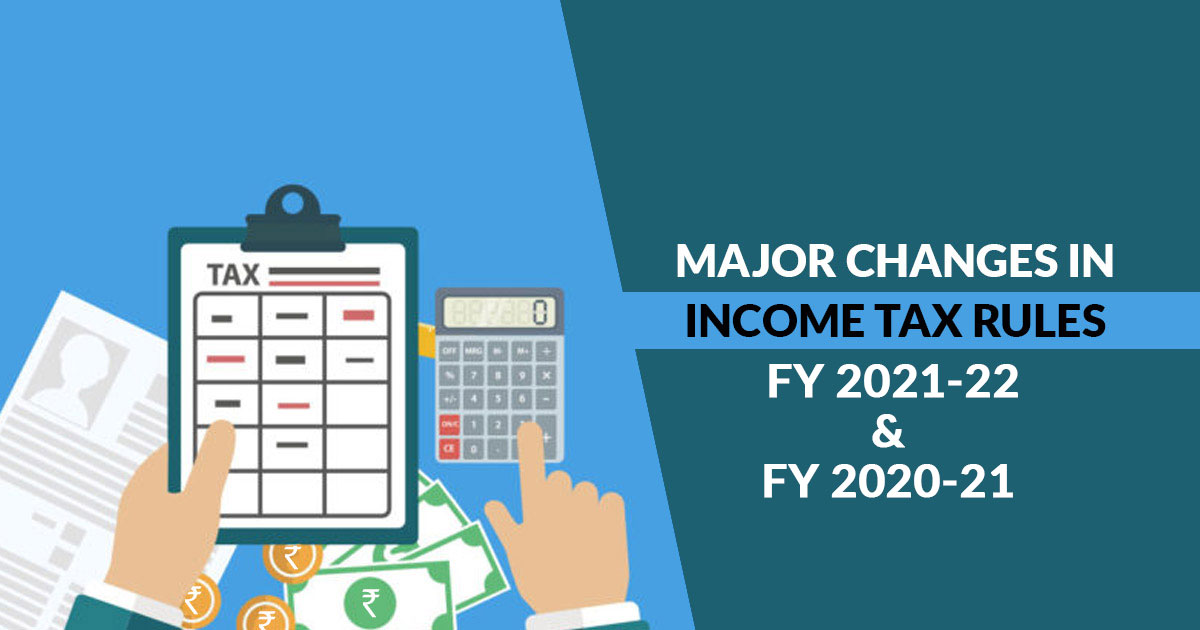
The Government revised the Income-tax rules and with this amendment, the authorities can now try to resolve the Mutual Agreement Procedure (MAP) disputes within the 24 months. This step has been taken for faster resolution of cases related to multinational corporations who have opted to the alternative process for resolution of the tax-related disputes. The Central Board of Direct Taxes 
Mutual Agreement Procedure (MAP) is an alternative process to resolve the disputes under the tax treaties. In this process, competent authorities of the two countries try to resolve the tax-disputes by doing discussion. Record says that around 600 tax-related disputes have been resolved between 1st April 2014 and 31st December 2018 with this process. The Revised Income tax rule 
The rule also clarifies that if a resolution takes place through this process then it will be shared with the assessee, Who can express their response as to whether they accept it or not within 30 days. In the case of acceptance, they have to withdraw the filed appeal if any, and then they have to pay the applicable tax as per the resolution. Amit Maheshwari, Tax Partner, Consulting firm AKM Global said that the MAP is becoming popular between MNCs, but still, Time required to resolve issues is a concerning matter which is also denoted in recent peer review report.
He further added that “The competent authority has to now endeavor to complete it in the recommended two-year period for settlement of MAP disputes. Post this amendment, with India not going in for mandatory binding arbitration, MAP will increasingly be used by MNCs to resolve contentious issues,”
Read Also: Latest Official Tax (Income Tax + TDS) Updates by CBDT of India
Sudin Sabnis, Director of Nangia Andersen LLP stated that the purpose of the MAP is to bring certainty through alternative dispute resolution mechanisms. Sudin Sabnis added in his statement that “The indicative timeframe of average 24 months to resolve the dispute under MAP is a highlight of the new rules which would encourage taxpayers to hope for a speedy dispute resolution mechanism. This is also in line with Action 14 of the BEPS Project prescribing a standard to endeavor to resolve MAP cases in 24 months,”.
The amended Form 34F now also covers the actions of officials which are not as per the terms of the agreements along with the details of the remedy and the documentary evidence. Sabnis further added that “While India remains embroiled in major international tax and transfer pricing cases, the new rules display the intent of the government to achieve certainty and endeavor to bring faster resolution in place of the long-drawn traditional litigation process,”








